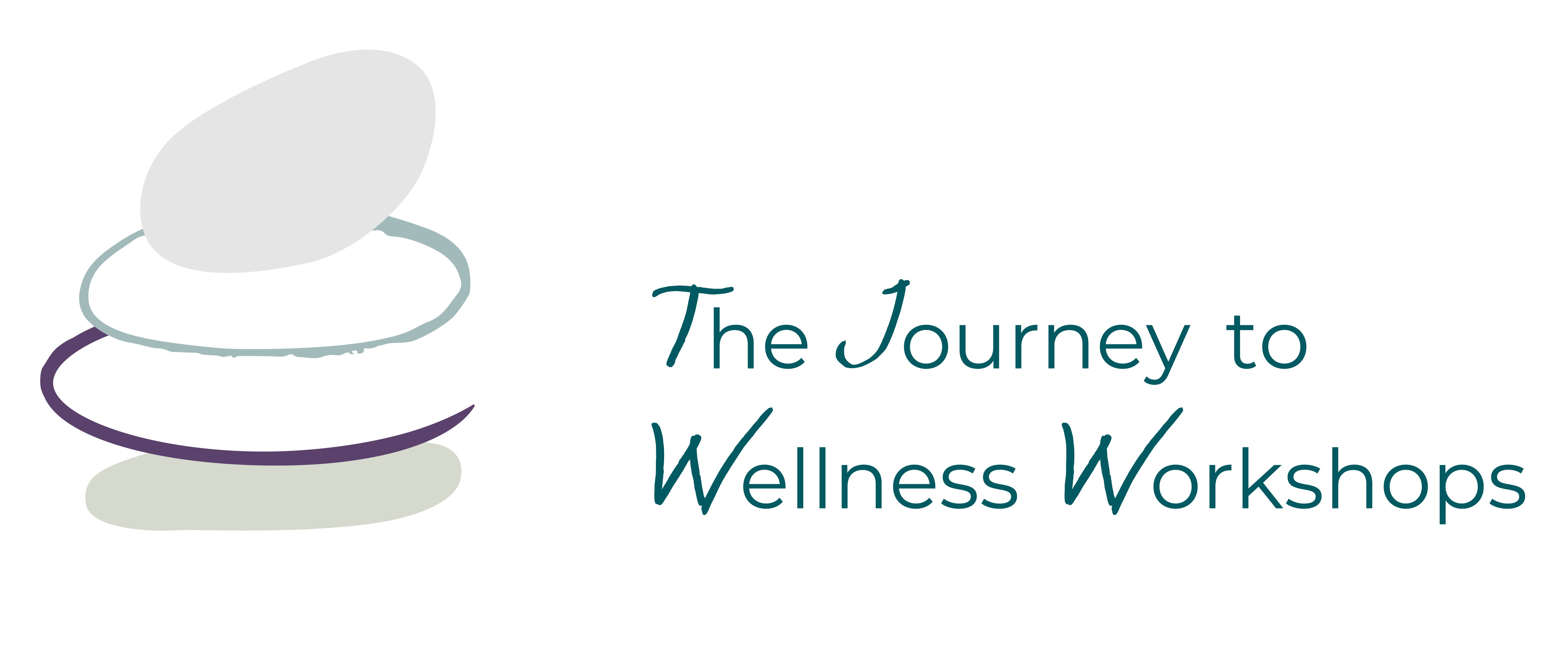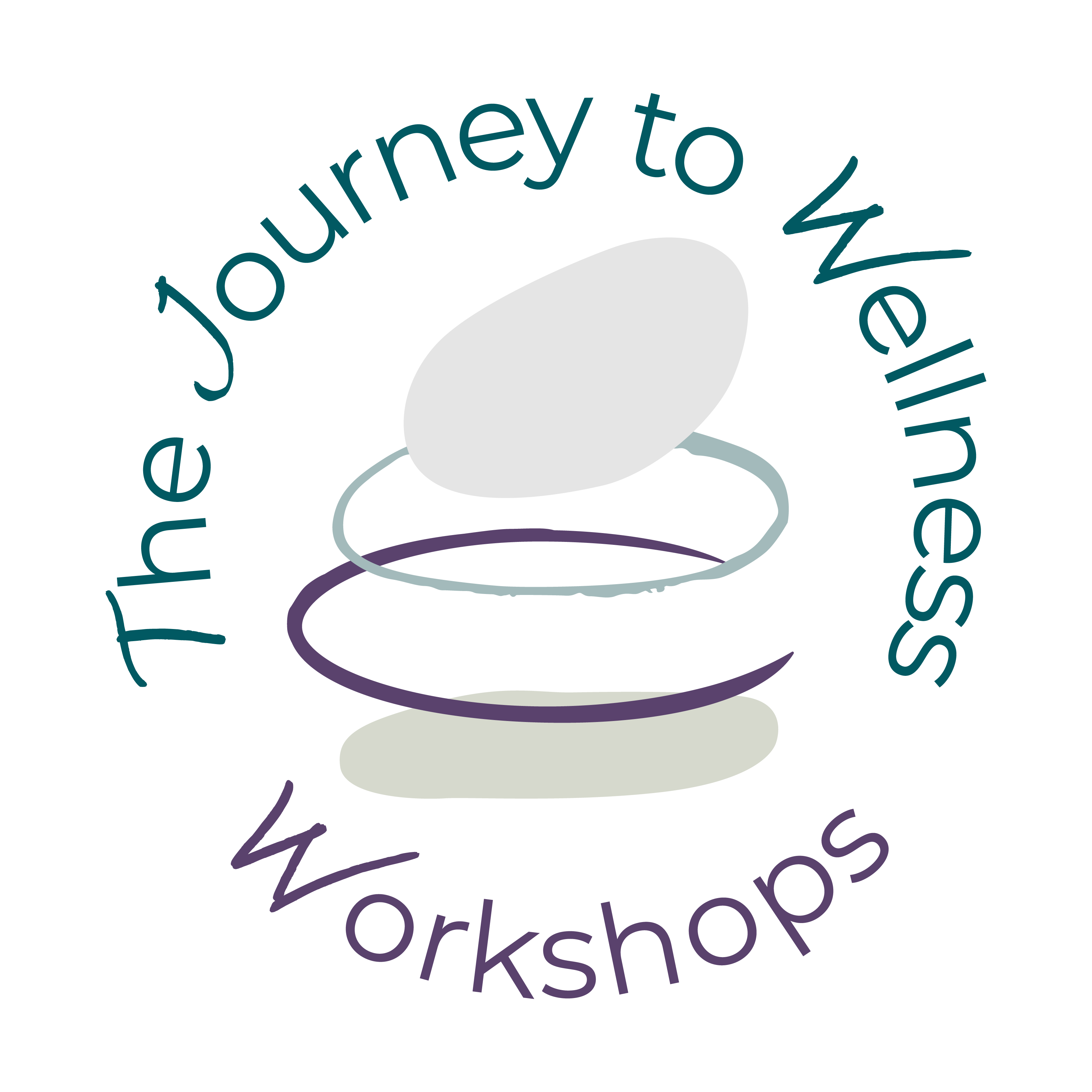Setting Boundaries
Part of caring for yourself means setting boundaries with others. If you find yourself developing anticipatory anxiety related to spending time with someone in your life, setting boundaries can help you. Here are psychology-backed tips for setting boundaries.
- Start with setting boundaries for yourself. Be intentional about meeting your own needs, including water, sunlight, rest, and hobbies.
- Treat yourself as you would treat a close friend. This is different from “how you treat yourself is how others will treat you,” because some people will treat others poorly, no matter what.
- No abuse of any kind- emotional, physical, sexual, or verbal- is ever acceptable. It does not matter who the person is. You do not have to accept any form of abuse from anyone.
- You do not owe any part of yourself- mentally, physically, or your time- to anyone. People’s feelings about you saying “no” should it change your response.
- Use “I feel” statements to state your boundary and needs. Let others know, clearly and calmly, where your boundary is and follow through with what you stated you will do (or not do) if someone crosses that boundary.
- You do not have to be okay with things you once allowed. You are allowed to grow. You do not have to engage with someone who will not let go of a past version of you, a version of you they created, or someone who is committed to misunderstanding you.
- You do not need to prove yourself to anyone, no matter who they are. If you dread the same conversations and scenarios, think about what, in each of those moments, is over your line. What will you do to support yourself if someone crosses that boundary?
- You do not have to engage in political, pandemic, sexist, ableist, homophobic, or other kinds of uncomfortable conversations if you do not wish to do so, either. You can choose peace.
- Connect yourself with a positive support system and think about who you are outside of a familial role (i.e., mother, brother, partner, etc.)? Connecting with trusted mental health resources and community groups can help.
- Listen to yourself, no matter how loud anyone else’s voice is. You are under no obligation to put yourself in, or stay in, any situation that is beyond your capacity and/or puts you in harm’s way. Family and partners do not get free passes.
Resources:
www.thejourneytowellnessworkshops.com
https://psychcentral.com/lib/10-way-to-build-and-preserve-better-boundaries
https://www.amazon.com/Set-Boundaries-Find-Peace-Reclaiming/dp/0593192095/

